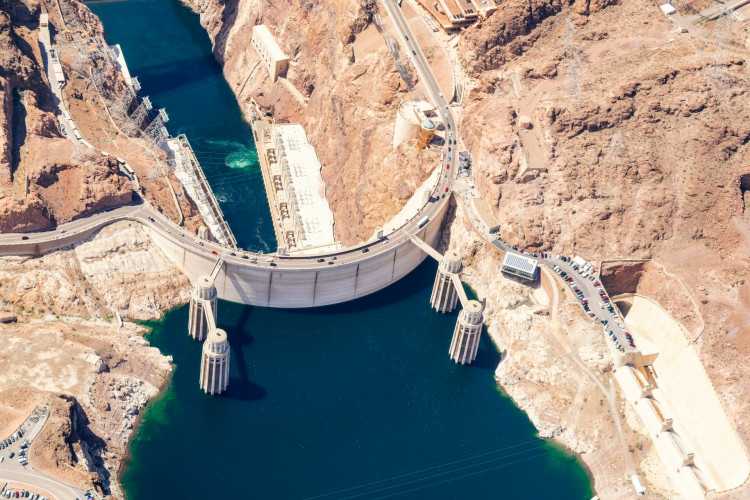Thousands of freshwater fish species are undergoing a "catastrophic" loss, with as much as a third of the global population at risk of extinction, according to a report published Tuesday.
Since 1970, migratory freshwater fish populations have plunged by 76%, and large fish, weighing more than 30kg, have been wiped out in most rivers. The global megafish population decreased by 94%and 16 freshwater fish species were declared extinct in 2020.
The report by 16 environmental conservation groups, The World's Forgotten Fishes, states that global populations of freshwater fish are in freefall.
Conservation groups behind, including the World Wide Fund for Nature (WWF) and the Global Wildlife Conservation, point to a variety of threats on global freshwater fish populations, including habitat destruction, damming and draining of rivers and wetlands, pollution, the proliferation of invasive species, wildlife crime and the ever-increasing impact of climate change.
Of the more than 10,000 species whose conservation status has been evaluated by the International Union for the Conservation of Nature, 30% are termed at risk of extinction, according to the report.
"Despite their importance to local communities and indigenous people across the globe, freshwater fish are invariably forgotten and not factored into development decisions about hydropower dams or water use or building on floodplains," said Stuart Orr of the World Wildlife Fund.
"Nowhere is the world's nature crisis more acute than in our rivers, lakes, and wetlands."
Approximately 200 million people across Asia, Africa, and South America depend on freshwater fish as their main source of protein, according to the World's Forgotten Fishes study. About one-third of these people also rely on them for their jobs and livelihoods.
Orr said that the United Nations Biodiversity Conference, which will take place in China later this year, will be an opportunity for governments to speak about the problem and, for the first time, pay as much attention to preserving and sustaining freshwater life support systems as the world's forests and oceans.
The study calls on policymakers to enact an "Emergency Recovery Plan" aimed at preserving freshwater wildlife and reversing decades of depletion by protecting and restoring natural river flows, water quality, and vital ecosystems while eliminating the damage caused by overfishing.





